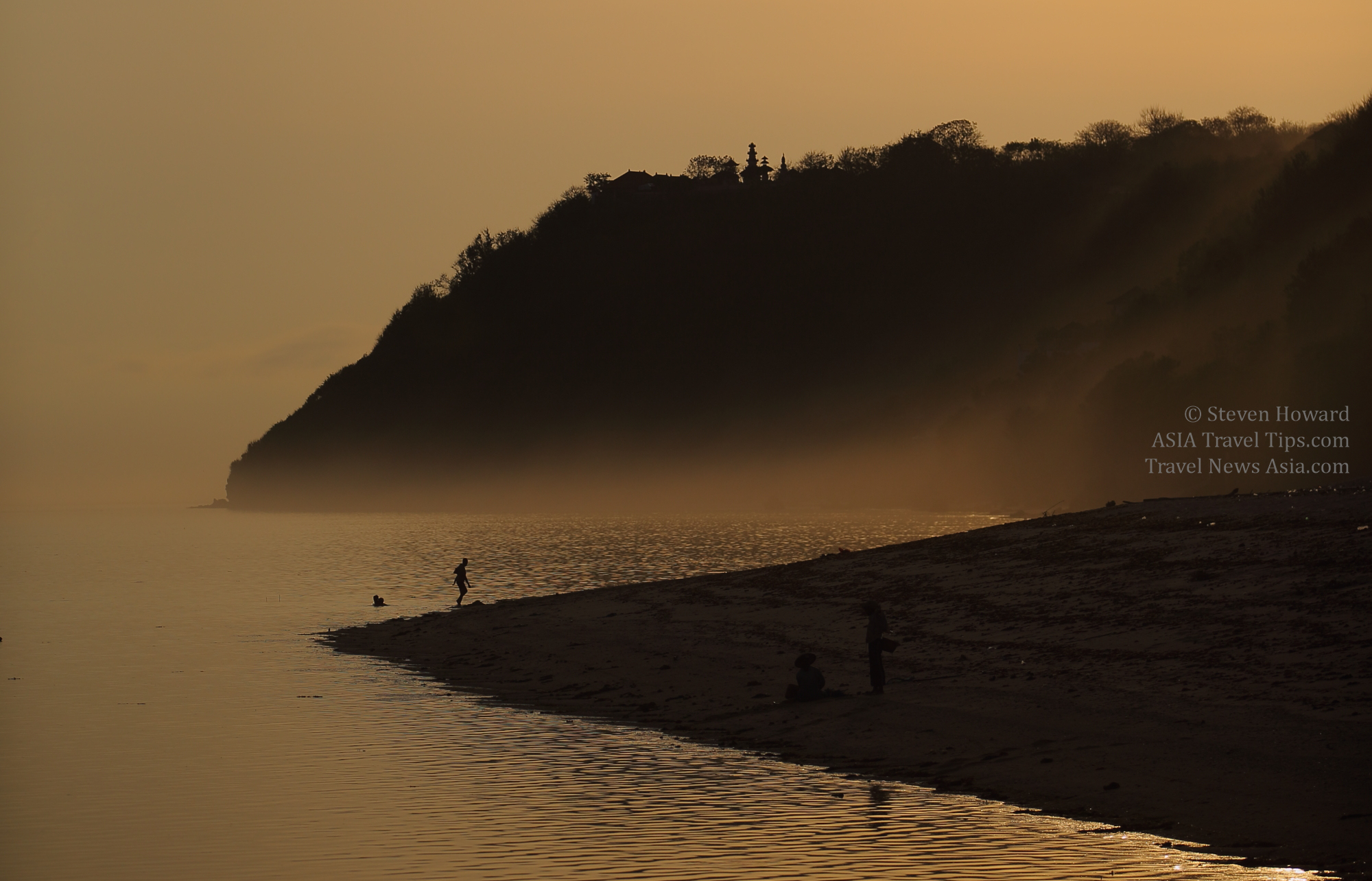|
The World Travel & Tourism Council (WTTC) has
published a report that explores the implications of the trends
for each of four key travel and tourism stakeholders: travellers,
businesses, workforce, and communities.
The report, produced with with Oliver Wyman, emphasises the importance of taking a
global coordinated approach to recovery: enhancing the current
seamless travel experience, embracing the integration of new
technologies and enacting global protocols for health and hygiene
to ultimately rebuild the confidence of travellers.
Notably, it highlights the need for public and
private sectors to work together to recover the millions of jobs
impacted, rebuild traveller confidence, and build the sector�s
resilience.
The report stresses that, as we re-imagine the
future of travel and tourism and explore policy recommendations,
four macro-trends are expected to lead the way through recovery
and beyond: demand evolution, health & hygiene, innovation & digitisation, and sustainability.
According to the report, 70% of North American
leisure travellers say they would book during COVID19 if changes
were free.

Additionally, 92% of
consumers trust personal recommendations with regards to health
and hygiene, and 69% of travellers cite cleanliness as a critical
component of a travel brand�s crisis response, and it is expected
that travellers will continue to pay heightened attention to
health and hygiene even after there is a COVID19 vaccine.
This signifies a need for destination readiness,
as consumers priorities evolve, along with the need to adopt new
protocols for health and safety measures to keep up with the
demand evolution we are seeing.
Digitisation has been paramount during the
COVID19 pandemic. Given the shift to remote working, as well as
lockdowns around the world, there has been a rapid shift towards
digitization, with people increasingly feeling comfortable with a touchless travel experience. The report reveals that it is here to
stay with 45% of travellers saying they are ready to
move from paper passports to a digital identity.
From widespread unemployment and anti-racism
movements, to the restoration of natural habitats, the world has
been reinvigorated to tackle social, environmental, and
institutional sustainability. Furthermore, 73% of consumers state they are taking note of brands that are
making a difference during COVID19, showing that growing
attention is being paid to sustainability.
Gloria Guevara, President & CEO, WTTC said, �This
comprehensive research paves the road to recovery for the travel
and tourism sector. While there is still work to be done, this gives
us insight into how we can best approach recovery and offers a
vision and hope to the sector. It is crucial that we continue to
learn from previous crises and come together in a coordinated way
to make a real difference in reducing both the economic and human
impact.
�The economic pain and suffering caused to
millions of households around the world, who are dependent upon
travel and tourism for their livelihoods, is evident.
�We strongly believe that by working as and by
taking a coordinated approach, we can beat COVID-19 and return to
safe travels with world class standards of hygiene to travellers
and regenerate the jobs and livelihoods of the 330 million people
who worked in the sector before COVID19.�
Some of the recommendations the report offers,
include:
Border Openings and Repatriation: A harmonised
approach to remove travel restrictions, with a previous risk
assessment in place, as well as standardised contact testing and
tracing requirements at departure.
Incentivise Travel: Introduction of consumer
incentives for travel spending, starting with domestic travellers
and expanding to regional and international as quickly as possible
and appropriate.
Domestic and
Regional: To capitalise on the initial recovery,
governments, tourism boards and organisations should direct their
early marketing and promotional efforts to incentivise domestic
and regional travel. Importantly, they should also prepare and
provide early marketing and promotional incentives to stimulate
the earliest possible regrowth and recovery of internal travel and
tourism.
Extend Digital
Infrastructure to Rural Destinations: Investment in digital
infrastructure of emerging destinations and remote areas will be
critical, as well as enhancing digital skills within local
communitie
Digital Id: Accelerating the
adoption of digital identities and solutions will be key to maximise accuracy for health and safety protections, while
reducing bias in border control and expediting the movement of
passengers.
According to WTTC�s 2020 Economic Impact Report,
during 2019, travel and tourism was responsible for one in 10 jobs
(330 million in total), making a 10.3% contribution to global GDP
and generating one in four of all new jobs.
Download the 19.8 MB report in .pdf format
here.
See latest
Travel News,
Video
Interviews,
Podcasts
and other
news regarding:
COVID19,
WTTC,
Travel,
Tourism.
|
Headlines: |
|
|
